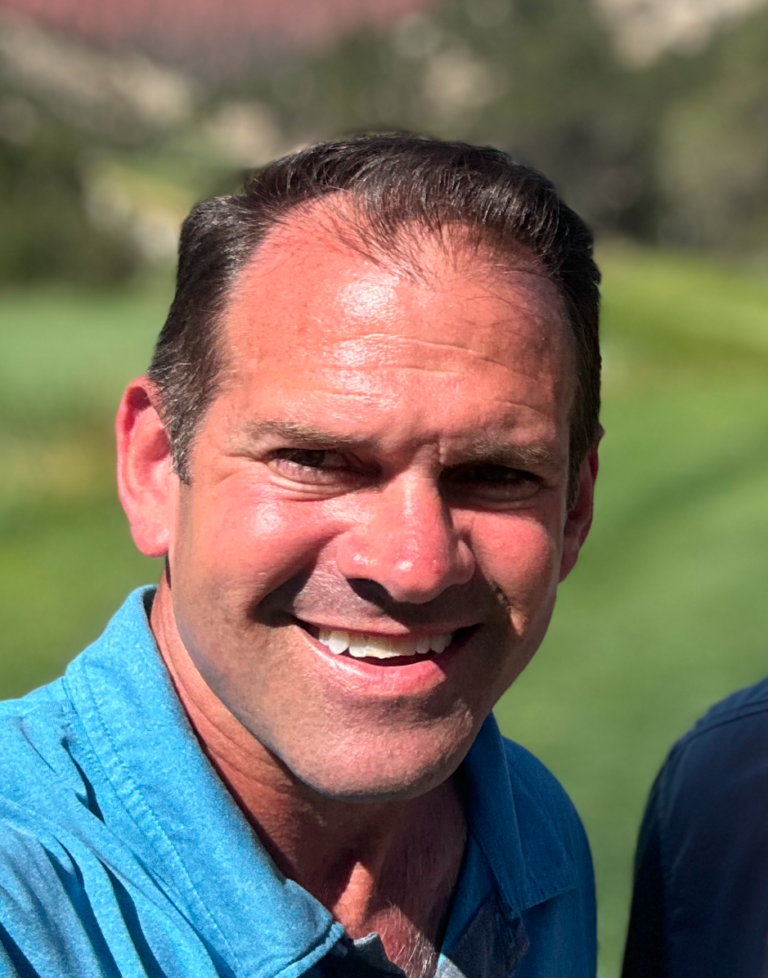The Evolution of Electrophysiology: Dr. Ian Weisberg’s Perspective
The Evolution of Electrophysiology: Dr. Ian Weisberg’s Perspective
Blog Article
Artificial intelligence (AI) is rapidly transforming the medical field, and cardiology is no exception. Dr Ian Weisberg, a respected expert in electrophysiology and cardiac attention, reaches the front of adding AI-driven engineering into diagnosing, tracking, and managing center conditions. His method claims to enhance precision, increase patient outcomes, and revolutionize the continuing future of cardiology.

AI-Driven Diagnostics: Enhancing Accuracy
One of the very significant programs of AI in cardiology is its ability to analyze large levels of patient data with unmatched accuracy. Dr. Weisberg uses AI-powered electrocardiograms (ECGs) and machine learning methods to detect abnormalities in center rhythms prior to when ever before. By evaluating a large number of patient cases, AI can identify simple designs that also the absolute most skilled specialists may miss.
For conditions like atrial fibrillation (AFib) and ventricular tachycardia, early detection may be the huge difference between preventive care and a lethal emergency. AI-based ECG interpretation ensures that individuals get timely interventions, lowering the danger of complications.
Predicting and Stopping Cardiac Functions
Beyond diagnosis, AI is helping estimate cardiac activities before they happen. By considering facets such as for example heartrate variability, lifestyle behaviors, and genetic predisposition, AI-driven versions can recognize individuals at large risk for center episodes, strokes, or unexpected cardiac arrest.
Dr. Weisberg thinks this predictive energy allows physicians to get hands-on steps, such as for instance prescribing lifestyle changes, drugs, or even proposing early interventions before serious symptoms appear.
Customized Therapy Programs with AI
Each patient's center is unique, and AI is creating customized treatment programs a reality. Applying AI-powered simulations, Dr. Weisberg may tailor procedures such as for example catheter ablations or pacemaker implantations to match a patient's specific cardiac framework and condition. This reduces trial-and-error strategies and improves treatment success rates.
More over, AI assists improve dose suggestions for heart medications, ensuring maximum efficiency with minimal side effects.
Rural Checking and AI-Assisted Cardiac Care
One of the very most amazing developments in AI and cardiology is distant individual monitoring. With AI-powered wearable products and wise implants, medical practioners may track real-time individual knowledge, alerting them to any irregularities instantly.
Dr. Weisberg sees this as a game-changer, especially for individuals with serious center conditions who need constant monitoring. By lowering clinic visits and capturing problems early, AI-powered monitoring systems assist saving lives while improving individual comfort.
The Future of AI in Cardiology
As AI continues to evolve, Dr. Weisberg stays devoted to adding cutting-edge technologies which make cardiology better, correct, and patient-friendly. His work connections the distance between technology and medication, ensuring that AI enhances—not replaces—the individual touch in healthcare.

With AI-driven improvements, cardiology is entering a fresh era wherever heart problems may be found early in the day, handled more successfully, and handled with larger precision. Dr Ian Weisberg's groundbreaking attempts in this place assurance to shape the future of cardiac care for decades to come.
Could you want any refinements or extra information on unique AI programs? ????
Report this page